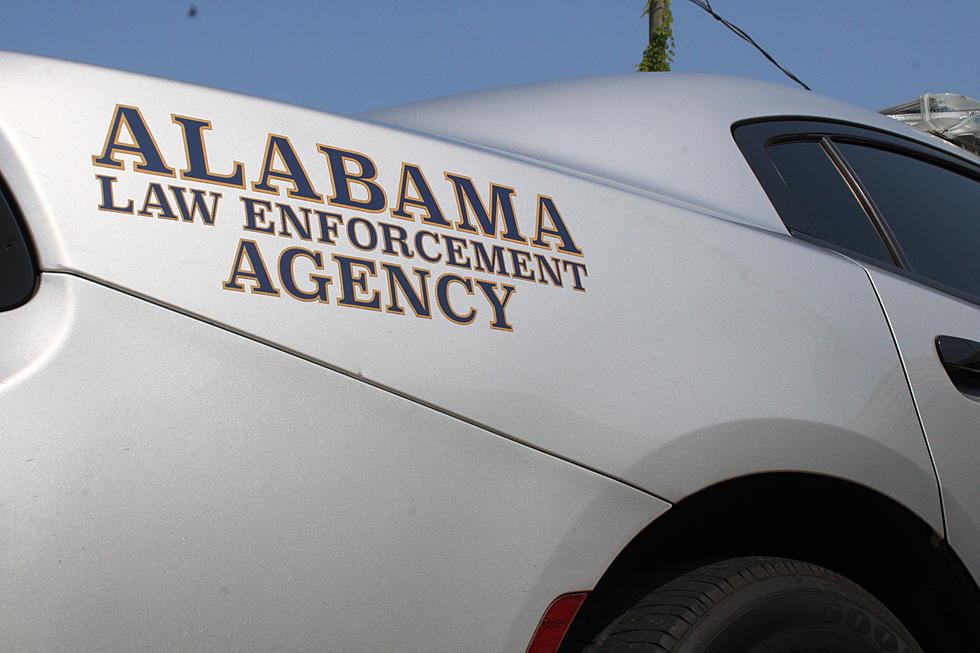
Alabama Supreme Court Rules Greenetrack Owes $76 Million in Taxes
The Alabama Supreme Court overturned previous rulings Thursday and found that Greenetrack, Inc. owes the state more than $76 million in taxes on revenue from bingo operations from 2004 through 2008..
The ruling comes after around a decade of legal battles between Greenetrack and the state and understanding how it came to be will require context.

First, Greenetrack was built in the late 1970s as a site for live greyhound racing, but fundamentally changed after the Alabama legislature and citizens of Greene County voted in 2003 to allow nonprofits to operate bingo games for fundraising purposes.
In their ruling, the Alabama Supreme Court said "from 2004 to 2008, Greenetrack reaped vast profits under the guise that its whole casino-style bingo operation -- premise, employees and some 1,500 electronic bingo machines running nonstop -- was constantly being leased and operated by a revolving slate of local nonprofit organizations, whose nominal role earned them a tiny fraction of the bingo proceeds."
Greenetrack was eventually audited by the Alabama Department of Revenue, though, and they asserted that the bingo operations were illegal and the nonprofits meant to benefit from them were getting almost nothing.
In 2007, the Department claims, Greenetrack netted almost $69 million from electronic bingo alone and area nonprofits received just $1.8 million of that haul.
The Department said because Greenetrack was not operating in the manner allowed by law, that the organization owed the state taxes on a staggering $1.5 billion in gross bingo revenue from 2004 - 2008.
There's disagreement about that number, too -- imagine a player at a bingo machine spends a dollar and wins $10 in his first game. The player must decide to "cash out" the credit he has earned in order to get those winnings physically in hand, but often players will continue to play bingo games and eat through the credit they'd won previously. If the same player spends his entire $10 winnings on bingo without ever cashing out, did Greenetrack make $1 or $11?
In that hypothetical situation. the organization argued that they only received a dollar in gross revenue, the first one fed to the machine, but the state argued and the Supreme Court agreed that there was no material difference in a player spending their credit without cashing out and a player who fed 11 individual dollar bills in the same machine, which helped lead to the massive gross revenue numbers the Department used in their case.
Their final assessment was that Greenetrack owed $61.8 million in sales taxes, plus $13.6 million in interest, plus another $746,292 for consumer-use tax and interest -- a little more than $76 million total.
Years of litigation followed, until the Alabama Tax Tribunal voided the Department of Revenue's assessment and ruled that Greenetrack's bingo revenue was not subject to be taxed. They cited an older Alabama law that exempts licensed dog-racing venues from paying taxes on their betting revenue.
The Department of Revenue appealed the case to the Greene County Circuit Court, who also ultimately also ruled in Greenetrack's favor.
The third time appears to have been the charm for the state, though -- the Department of Revenue appealed the case up to the Alabama Supreme Court, who overturned the previous two rulings Thursday.
The Supreme Court ruled unanimously in its 53-page decision, which can be read in its entirety here.
They called the situation "an intricate web of issues, subissues, and sub-subissues, with ample arguments in the alternative on both sides."
Ultimately, though, they ruled that Greenetrack was not exempt from paying taxes on its bingo revenue by the law dictating dog-racing licensees, and that the Department or Revenue's $76 million tax assessment was valid and still owed to the state.
"Under Greenetrack's view, an individual who held a [dog-racing] license from the Commission could legally avoid the $.28 per gallon excise tax on gasoline every time he or she went to the pump," the justices wrote. "It is simply not plausible that the Legislature empowered the [Greene County Racing] Commission to grant individuals a blanket exemption from generally applicable tax laws on matters so unrelated to the Commission's sole area of competence."
Greenetrack's only remaining legal remedy would be to appeal the case to the Supreme Court of the United States and hope they agreed to consider it.
A spokeperson for Greenetrack was not immediately available to comment on the ruling Friday morning.
Stay connected to the Tuscaloosa Thread for updates on this case as they become available.
Top Stories from the Tuscaloosa Thread (6/20 - 6/27)
More From Tuscaloosa Thread









